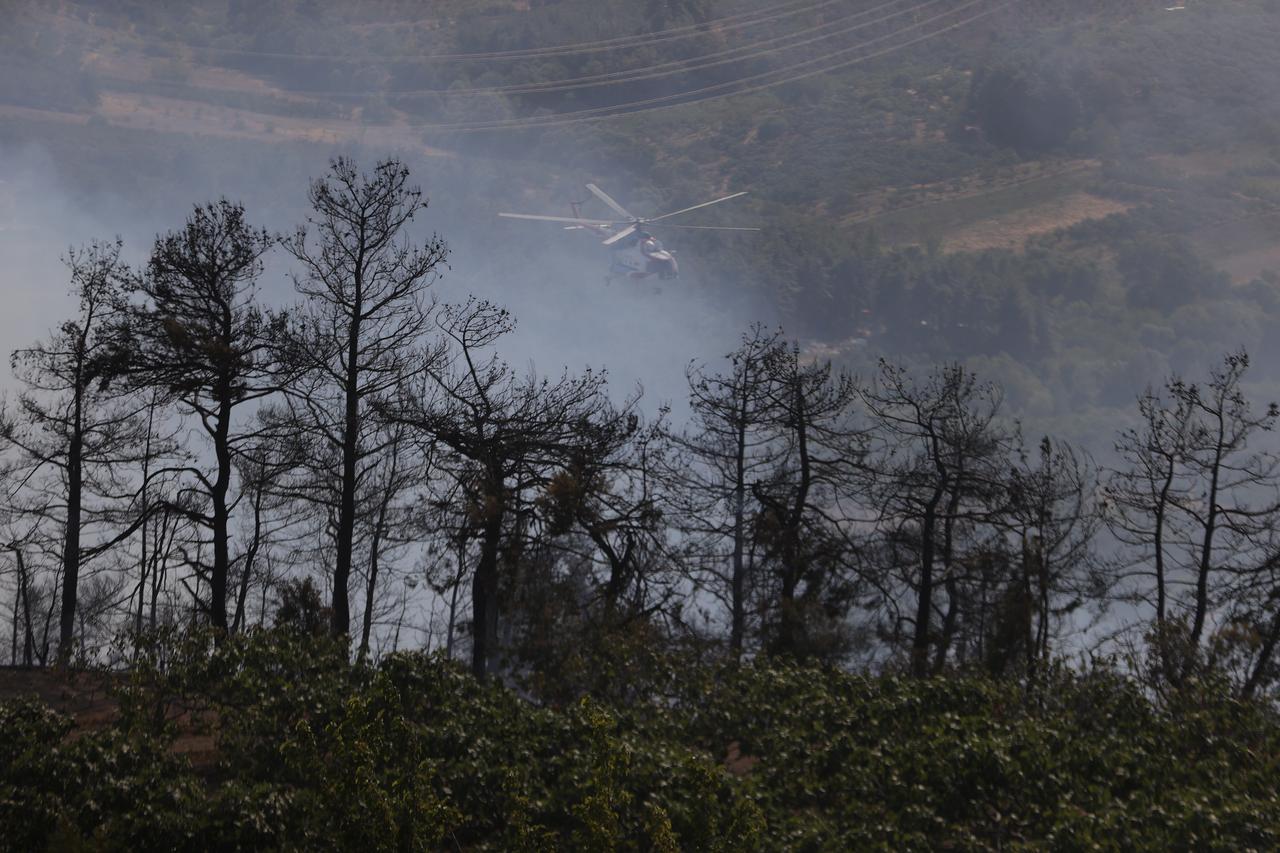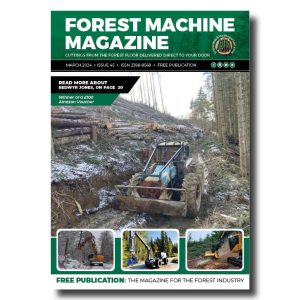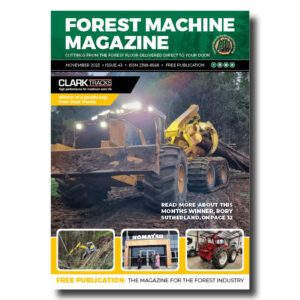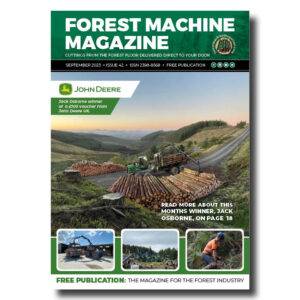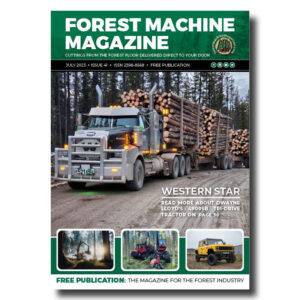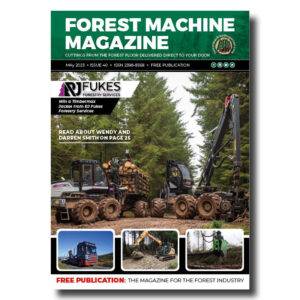Turkey is Reforesting Fire Damaged Forestry Areas with Fire Resistant Species
Fire resistant species are reforesting fire-ravaged areas to strengthen resistance against future blazes, Agriculture and Forestry Minister Ibrahim Yumakli said Sunday.

-
That’s a remarkable amount of work hours for a single machine, the Norcar 600 owned by Erkki Rinne is taken well care of, it even has the original Diesel engine.
-
Kieran Anders is a forestry contractor working in the lake district. His work involves hand cutting and extracting timber using a skidder and tractor-trailer forwarder.
-
It is not possible to eliminate chain shot, but there are simple steps that can be taken to reduce the risk.
-
Arwel takes great pride in the fact that the mill has no waste whatsoever, “the peelings are used for children’s playgrounds, gardens and for farm animals in barns in the winter and the sawdust has multiple uses in gardens and farms as well.
-
Timber hauliers need to encourage young blood in, and also look after the hauliers we have, we need make the sector a safe and positive place to work.
FIND US ON
“We select resistant species according to the soil structure, climate conditions, and ecosystem of each region,” Yumakli said.
“Species such as cypress, ash, carob, plane, sweetgum, oak, and stone pine are planted in five to 10 rows. In this way, resistance against fires is increased around strategic facilities and residential areas.”
Speaking to Turkey Daily Yumakli said the rehabilitation of burned areas is a top priority.
“With scientifically based afforestation efforts, the General Directorate of Forestry is giving breath to the future,” he said.
“We carry out our work according to the soil structure, climate conditions, and ecosystem characteristics of each region. We carefully select fire-resistant species.”
“Through the Project for the Rehabilitation of Burned Areas and the Establishment of Fire-Resistant Forests (YARDOP), different plant species are being used to change the behavior of fire, reduce its intensity, and prevent its spread,” Yumakli added.
Each year, thousands of hectares of forest are destroyed by fires in Turkey. Izmir, Antalya, Mugla, Bursa, Canakkale, and Balikesir are among the regions most affected in recent years. While efforts to combat fires continue, reforestation is underway in the burned areas.
Ensuring sustainable water supply
Yumakli also highlighted policies addressing the global climate crisis.
“Within the framework of the Agricultural Drought Strategy and Action Plan we prepared for the 2023–2027 period, we aim to ensure sustainable water supply,” he said.
“All the agricultural drought risks of our provinces are analyzed at the district level through field observations, as well as data on temperature and precipitation, reservoir occupancy rates in dams built for irrigation purposes, and many other variables, which are also discussed with stakeholders,” he added.
Turkey has faced a prolonged drought since March, affecting over 60% of the soil and contributing to thousands of fires this summer.
The country also recorded its hottest July in 55 years, the environment ministry said in early August.
Temperatures at 66 of Turkeys’s 220 weather stations showed an average rise of 1.9 degrees compared with previous years. The country also registered its highest-ever recorded temperature, 50.5 degrees Celsius (122.9 degrees Fahrenheit), in late July in Silopi, in the southeast.
Weeks of scorching heat were accompanied by wildfires across Turkey. Fourteen people lost their lives battling blazes in July in the western part of the country.
On Aug. 8, wildfires in the west forced authorities to suspend shipping in the busy Dardanelles Strait and evacuate three villages.
Source; Turkey Today

Sign up for our free monthly newsletter here
Contact forestmachinemagazine@mail.com to get your products and services seen on the world’s largest professional forestry online news network.
#homeoflogging #writtenbyloggersforloggers #loggingallovertheworld
Written by loggers for loggers and dedicated solely to the equipment used in forestry operations.
